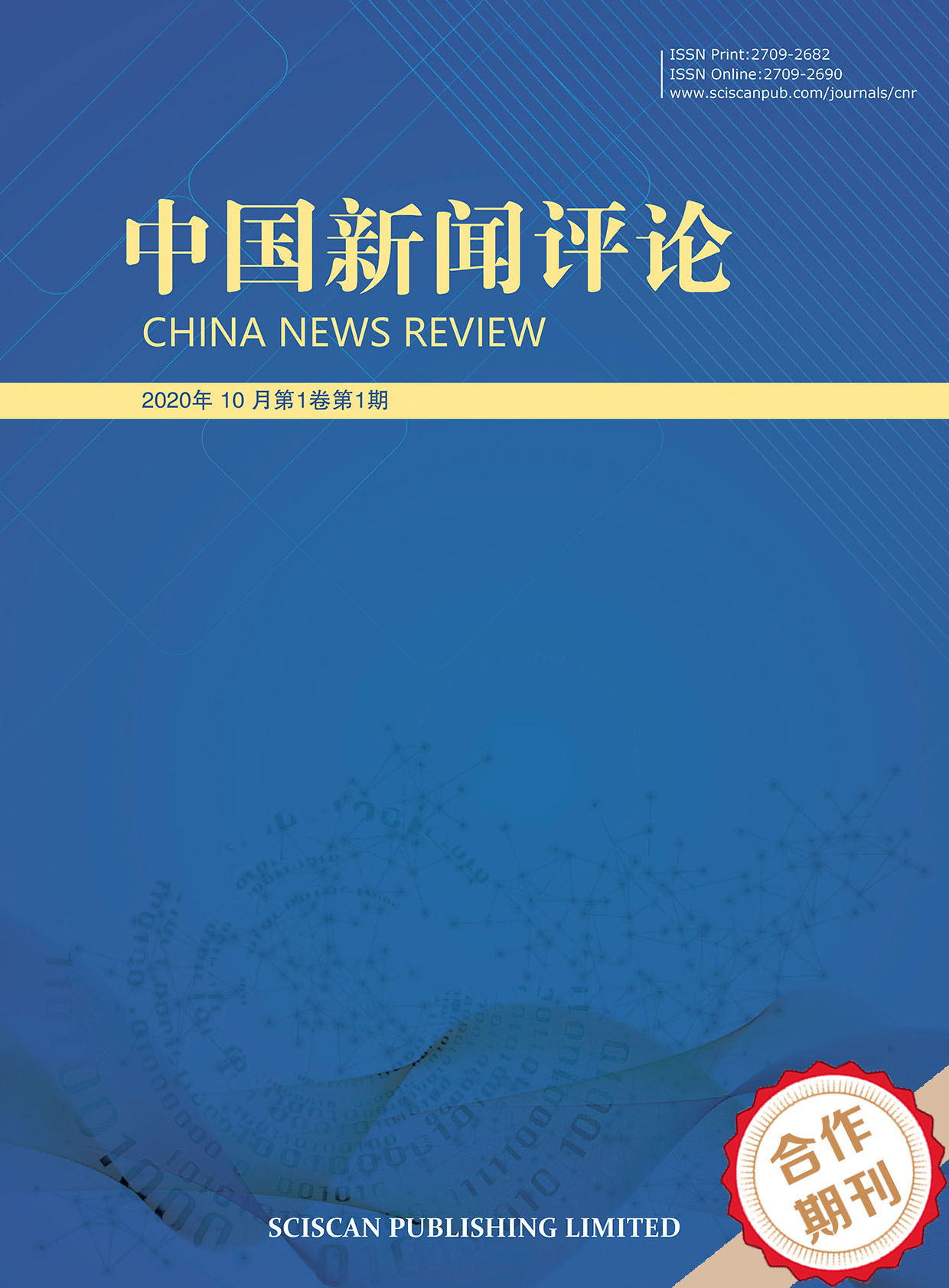China News Review
ISSN Print: 2709-2682
ISSN Online: 2709-2690
Contact Editorial Office
Subscribe to the latest published information from SCISCAN
品牌粉丝对品牌过失的容错机制研究 ——以苹果品牌粉丝为例
Fault Tolerance of Brand Fans on Brand Transgressions —An Example of Apple Fans
- Authors: 丁佳 吴莹莹
-
Information:
-
-
Keywords:
Brand fans; Fault tolerance; Brand transgressions; Apple fans品牌粉丝; 容错; 品牌过失; 果粉
- Abstract: “Brand fans” has always been a buzz word in marketing research. Brand fans’ extraordinary consumption and extreme loyalty make them different from average consumer. How will fans behave when brand transgression occurs? How will their attitudes towards brand change? Will they tolerate that brand makes mistakes? This study borrows the conception named “fault tolerance” in computer science and tries to find out what factors affect fans’ fault tolerance. In this paper, Apple fans, a representative group of brand fans, are selected as the research object. This research is divided into two parts. In the first part, we obtain the fans’ perception of the brand and their comprehension and reaction in the face of brand transgressions by in-depth interviews. Then using grounded theory to code non-structured interview materials to extract the dimensions that influence fans’ evaluation of brand transgressions, e.g. initiative in learning, technical concerns, imagination of intimacy, selfevaluation of rationality. In the second part, we proposed the hypothesis based on the conclusions of qualitative research. Then we explore the different fault tolerance among fans in different experimental contexts (external vs. internal attribution). At last, the theoretical contribution, practical implication and shortcomings of this research are summarized. 品牌粉丝一直以来都是营销领域的热门话题。品牌粉丝的超常消费和极端忠诚使其区别于一般消费者,那么粉丝在品牌过失发生时将会如何表现,他们对品牌的态度将会怎样变化,他们是否会选择容忍品牌犯错呢?本研究借用了计算机科学中的容错(Fault Tolerance)概念,试图回答粉丝在什么样的条件下受什么因素影响会容忍品牌犯错的问题。文中选择了苹果粉丝这一极具代表性的品牌粉丝群体作为研究对象,具体的研究分为两个部分:第一部分通过深度访谈获取品牌粉丝对品牌的感受,以及面对品牌过失时的理解和反应,继而采用扎根理论对访谈材料进行编码,析出影响品牌粉丝对品牌过失评价的维度,即学习主动性、技术关注度、亲密关系想象和理性自评。第二部分则是根据质化研究部分的结论提出假设,通过实验法进行变量控制,以探索在外部归因/内部归因的品牌过失发生时,主动学习水平不同的品牌粉丝在容错程度上的差异。本文最后解释了研究成果的理论贡献和实践意义,总结了现有研究的不足。
- DOI: https://doi.org/10.35534/cnr.0402005
-
Cite:
丁佳,吴莹莹.品牌粉丝对品牌过失的容错机制研究——以苹果品牌粉丝为例[J].中国新闻评论,2023,4(2):41-55.
















